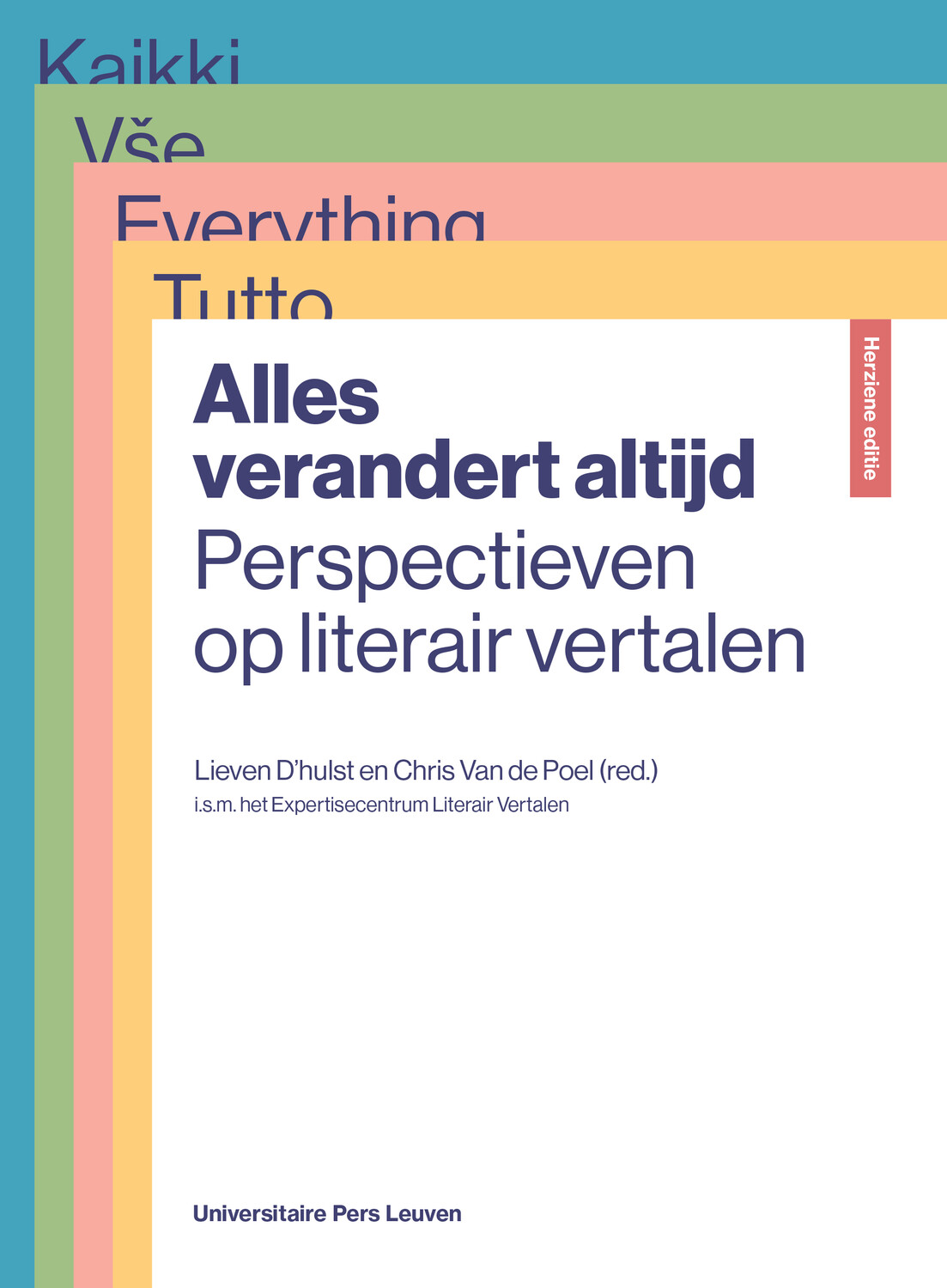“It is essential that mission-driven publishers which share the same scholarly values as the academic community remain a preferred partner in the publication and dissemination of scholarly work.”
Demmy Verbeke, KU Leuven Libraries

Academic publishing underwent significant changes over the last 50 years. Which ones do you find most striking or significant?
Electronic publication and dissemination have brought major challenges and opportunities. The possibilities seem limitless, albeit that they have certainly not brought the democratisation that was originally envisaged.
Another major change, made possible by the digital turn, is the ever-growing importance of Open Access. It is essential that publishers such as Leuven University Press, which are mission-driven and share the same scholarly values as the academic community, remain a preferred partner in the publication and dissemination of scholarly work.
What is your experience with academic publishing? Is there anything in particular that you look for or value in the collaboration with publishers?
What I, as an author, look for in a publisher is a shared set of values which make me entrust the publisher with the final stage (namely the dissemination) of the scholarly work in which I have invested so much time and energy.
Peer review is central to the value of academic publishing. What characterises, in your view, successful peer review that empowers and respects authors and readers? Do you see ways in which peer review could be re-thought, for instance with respect to the inclusion of a broader set of voices that need to be heard?
I am not convinced that peer review is the only and/or best mechanism for quality control. I also worry that too much reliance on peer review, especially if we are talking about pre-publication and blind peer review, stands in the way of innovating scholarly communication. So I would like to see more experimentation with post-publication peer review, with open peer review, and with other forms of quality control.
What is your experience with Open Access publishing, either as an author or as a reader? Do you identify obvious benefits or perhaps also opportunities for future development?
There are at least three reasons to pursue full Open Access in all scholarly communication. The first is an ethical reason, namely the conviction that knowledge should be shared and that the results of scholarly research should therefore also be available to the general public worldwide. The second is an internal motivation: transparency ensures that scholarly research can be conducted more reliably and efficiently. Moreover, Open Access promotes broader scholarly and societal impact in a shorter time frame. The third reason is of an economic nature, in the sense that Open Access publications can help reduce pressure on the budgets of scholarly institutions and their libraries, which has been a growing problem for decades.
However, the latter will only happen if Open Access publishers are focused on scholarly values rather than on profit margins, working in a cost-effective rather than profit-driven manner. It is therefore essential that mission-driven academic presses such as Leuven University Press are treasured as professional partners in Open Access publishing.
What do you prefer: print or digital books? Is there a difference between what you read online and what you read on paper?
I prefer the combination. An Open Access ebook ensures maximal scholarly and societal impact. It thus benefits the author but also the reader, who has quick and free access wherever and whenever s/he wants and can efficiently trace a particular argument. A (preferably reasonably priced) physical version of the same book is a very welcome addition for the author, who typically enjoys holding the tangible result of his or her hard work, and for the reader who wants to delve deeper into a particular book and spend a more prolonged period of time with it.
How important is the book cover design to you?
I do think there is truth in the phrase “judging a book by its cover”, as it is frequently considered to be a first sign of the standards maintained in producing the book in question. It can help to establish the book as a professional publication and can help to attract readers.
Which are some emerging topics in your field of research and/or academic publishing?
Awareness that not all approaches and business models for Open Access imply progress. We might achieve more Open Access, but at a price which is too high and in a way that continues the inequality and unsustainability that currently mar scholarly communication. I therefore see a growing attention to mission-driven, non-profit solutions and a growing willingness to support community-driven, consortial funding approaches.
What would be your advice for junior researchers on the verge of publishing their first monograph?
Make sure to work with a publishing partner who shares the same values as you and allows you to stay in control of the publication and dissemination part of your research. You have worked too long and hard on getting to the stage where you are ready to publish the results of your research to then not think about whom you trust to support you with this and to run the risk of losing control over your own work. Also make sure that you add an Open Access component to the way you publish, as this will increase your scholarly and societal impact.
How do you expect academic publishing to evolve over the next 50 years? Will the monograph stand the test of time?
I think a place for the long form of scholarly argument as offered by the monograph will remain, but I am uncertain to what extent it will still be physically expressed and am doubtful whether it will still be considered the most dominant form of scholarly communication in the Humanities and Social Sciences (HSS).









































